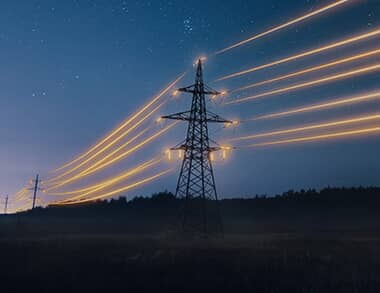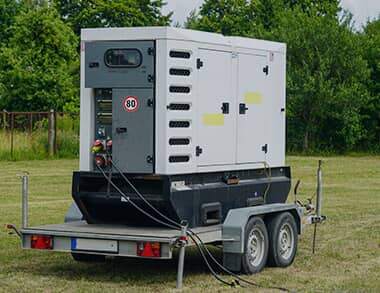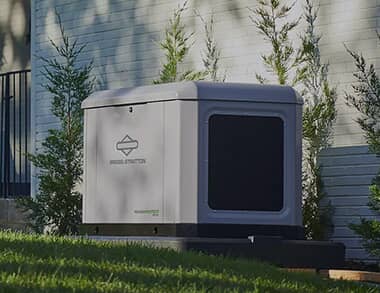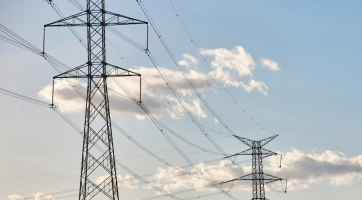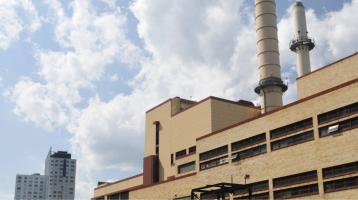Understanding the Importance of Proper Generator Sizing
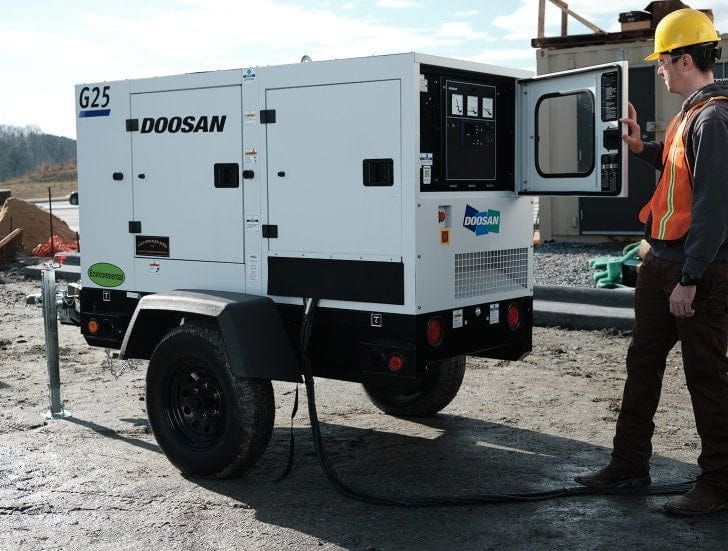
When unexpected power outages occur, having a reliable generator is essential to keeping your critical systems up and running. However, the key to ensuring your generator performs efficiently when you need it most lies in selecting the right size. Choosing a generator that matches your specific power requirements is important—an improperly sized generator can lead to performance issues, increased costs, and even safety risks.
In this blog, we’ll explore why proper generator sizing matters, the risks of choosing the wrong size, and how you can ensure your generator is the right fit for your needs. We’ll also show you how Gen-Tech can help you make the right choice for both residential and commercial applications.
Why Proper Generator Sizing is Critical
Selecting a generator that fits your power needs is not just a technical detail—it’s a vital part of your disaster preparedness plan. An undersized generator may not be able to power all the essential equipment you need during an outage, leading to disruptions in operations. On the other hand, an oversized generator can introduce inefficiencies, higher operational costs, and even mechanical problems due to underloading.
For example, if a generator is too large for its intended load, it may operate at a fraction of its full capacity, which can cause the engine to wear down faster and lead to fuel inefficiency. This is why it’s important to carefully calculate your power needs and choose a generator that aligns with them—one that can handle your requirements without overworking or underperforming.
A good rule of thumb is to choose a generator with a capacity that exceeds your power needs by about 15%. This margin ensures you’re covered for any unexpected spikes in power demand, keeping your system running smoothly even during emergencies.
Steps to Accurately Size Your Generator
Properly sizing your generator involves a series of calculations and considerations to make sure you select the right model. Here’s how you can approach the process:
1. Calculate Your Total Power Load
Start by determining the total power load your generator will need to handle. This means listing all the equipment, devices, and systems that the generator will power during an outage and calculating their combined wattage requirements. You can typically find the wattage information on the equipment’s label or in the user manual.
Once you’ve identified the total wattage, it’s recommended to add a 15-20% safety margin to account for any unexpected power surges or additional equipment that may be added later. This ensures your generator won’t be overloaded during peak usage.
2. Convert kW to kVA
Generators are often rated in kilovolt-amperes (kVA), while your power consumption is typically measured in kilowatts (kW). To convert kW to kVA, divide your total power needs in kW by the generator’s power factor, which is usually around 0.8 for most generators.
For instance, if your total power requirement is 100 kW, you would need a generator rated at a minimum of 125 kVA (100 kW ÷ 0.8 = 125 kVA). This conversion ensures you’re aligning your generator’s capacity with your actual power consumption.
3. Define Your Running Requirements
It’s important to consider how you plan to use the generator. Will it be your primary power source, or is it a backup for emergencies? Generators perform best when running at 70-80% of their rated capacity, so avoid sizing one to run at its maximum load for extended periods. This not only enhances performance but also helps extend the life of your generator. Additionally, leaving room for future power needs ensures your generator can handle growth as your requirements evolve.
4. Consider Site Conditions and Access
The physical location where the generator will be installed also affects your decision. Factors such as available space, ventilation, noise restrictions, and ease of access for maintenance should be considered when choosing a generator. For example, a large industrial generator might not be appropriate for a residential setting due to its size and noise level. Choosing a model that fits both your power needs and site conditions is essential to ensuring seamless operation.
Need Help? Gen-Tech is Here!
Choosing the right generator size can feel overwhelming, but you don’t have to go it alone. At Gen-Tech, we bring decades of experience in the power generation industry, and we specialize in helping our customers find the perfect generator for their needs. Whether you're looking for a backup generator for your home or need a robust solution for your business, our team of experts will guide you through the sizing process to ensure you get the right fit.
Don’t leave your generator sizing to chance—contact Gen-Tech today and let us help you find the perfect solution for reliable, efficient power when you need it most.
From Insights to Power: Let’s Talk Solutions
Whether you need emergency power, maintenance, or expert guidance on your generator system, Gen-Tech has you covered. Our experienced team provides industry-leading service to keep your power running when it matters most. Call (800) 625-8324 to discuss your power generation needs today!
Contact Us
